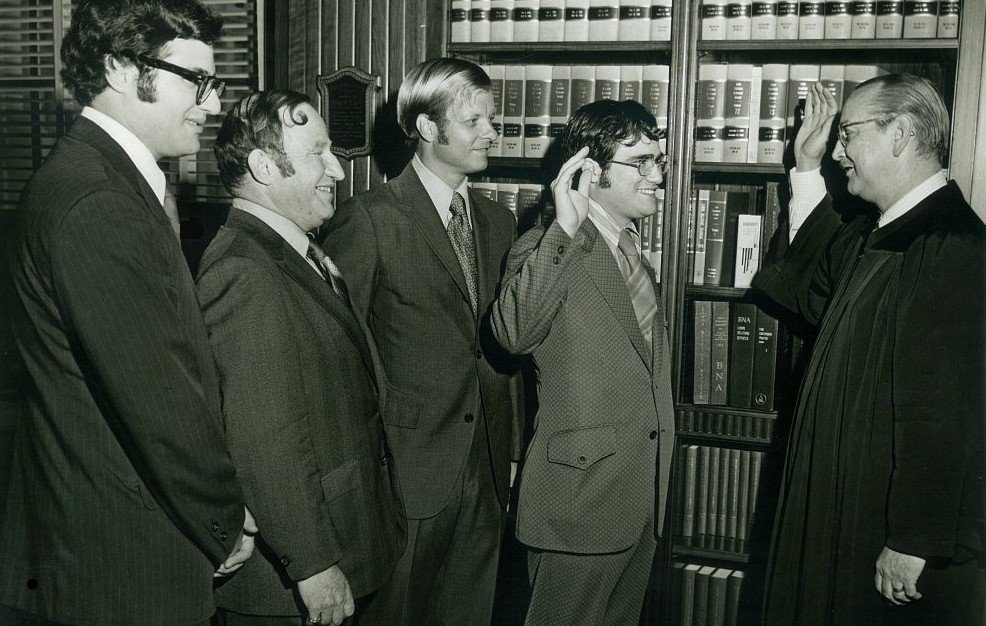The false claim act is a federal law that poses liabilities on persons and companies who defraud governmental programs. It is regarded as one of the most effective tools to combat fraud against the federal government. The false claim act is often referred to as Lincoln’s Law and it has been considered as highly effective in combating fraud and abuse in government contracts for defense, energy, construction, housing, natural disaster recovery, and other forms of government procurement. The law includes qui tam provision, which allows people to file action on behalf of the government.
How does false claim act work?
The False Claim Act allows people (relators) to file a lawsuit against those who directly or indirectly defrauded the federal government. The lawsuit can be filed against the individual, businesses, and entity. The cases are filed by the whistleblower, a person who exposes any illegal activity or pass on the information about the unethical activities undertaking within the organization to the government.
The whistleblower who brings the case against an individual under the false claim act files the complaint under seal. It means that neither the defendant nor the public is aware of the charges under which the complaint is filed. The complaint remains under seal for 60 days until the time the government investigates the charges and allegation files by the whistleblower. Filing the case under false claim act seems to be complex. If the whistleblower fails to submit accurate reports in the manner required by the False Claims Act can result in a dismissal of the whistleblower’s lawsuit. In this circumstance, the whistleblower seeks the help of the false claims act attorney, who can help ensure their claim is filed and litigated properly and in a manner that protects their rights.
The false claim act attorney ensures that the allegations filed by the whistleblower against an individual or entity are correct.














